Use the drop-down summary to access the articles in the folder.
Terms of republication
You can republish this article for free on your website, blog, etc.
Imagining a common future around a map
Behind the scenes of research
How can you resolve a territory's problems without being a specialist? The Futurable game offers a way to test this balance, between complexity and feasibility. Careful attention was paid to the participant's feelings, such as eco-anxiety, as the aim was to provide a safe environment and evaluate such feelings, to obtain a rich dialogue and ensure that everyone came out of the game a winner.
Citizens at the heart of the creation process
As part of the association’s research/action and research/creation work, workshops were undertaken with various groups of residents from the Nantes metropole who were already interested in these issues: people who knew the game, people working at the Confluences community centre, university and PhD students, researchers and lecturers, and activists belonging to groups such as Alternatiba, Attac and Extinction Rebellion. Armed with post-its and markers, around a large map of the Loire estuary, participants were able to understand the complexity of social and environmental phenomena, develop the form and modalities of the game, and enrich the scenarios and characters.
“You must solve the housing crisis before the end of your term in 2044”
After these workshops, it was time for other citizens and even the elected officials of Nantes Metropole to play. “But what have the leaders of the territory been doing for things to have gotten to this point?” asked the elected Parliament (made up of players) when they heard the situation they were facing, fast-forward to the year 2039. Once the scenario has been set and the rules and restrictions explained by the moderator, the group asks questions, identifies, discusses, suggests and makes decisions, until a shared strategic vision emerges.
The game’s first evolutions
Following collaboration between researchers and association members, the game became more accessible, mainly by going from a four-hour to a two-hour format. Through the scenarios, illustrations, character cards and surprise cards developed during the collective storytelling workshops, the players were fully immersed in the territory of the Loire estuary from start to finish. The game was also adapted for other territories, such as the Loire-Anjou-Touraine Nature Park and the Île d’Yeu, proving that the concept can be standardised and transmitted.
Based on a scientific foundation, Futurable was also used for research into “discussion-sparking games” by Hélène Sellier, a game studies researcher. The objective of these games is not so much to win as it is to successfully create dialogue and spark emotions and reflections.
Coming together around the question of climate change
At present, the partners of the Futurable project are collaborating with the Nantes Museum of Natural History to plan a permanent space to present the game and have students and mediators run sessions with it. The association will also support the citizen and risk culture aspect of the Flood Risk Prevention Plan from Nantes Metropole, thus continuing the collaboration between laboratories and the world of mediation. Lastly, connections with the Pays de la Loire IPCC are being built. “The project truly activated the local network and strengthened essential links between actors involved in the question of adapting to climate change,” says Alice Mounissamy, co-founder of the Nantes Futurable association.
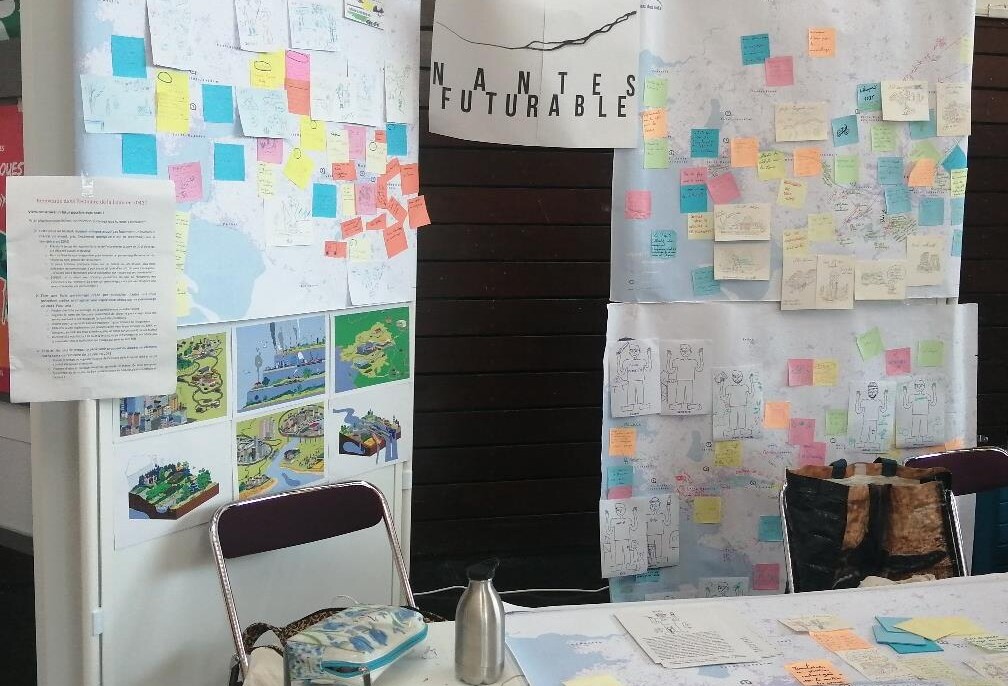
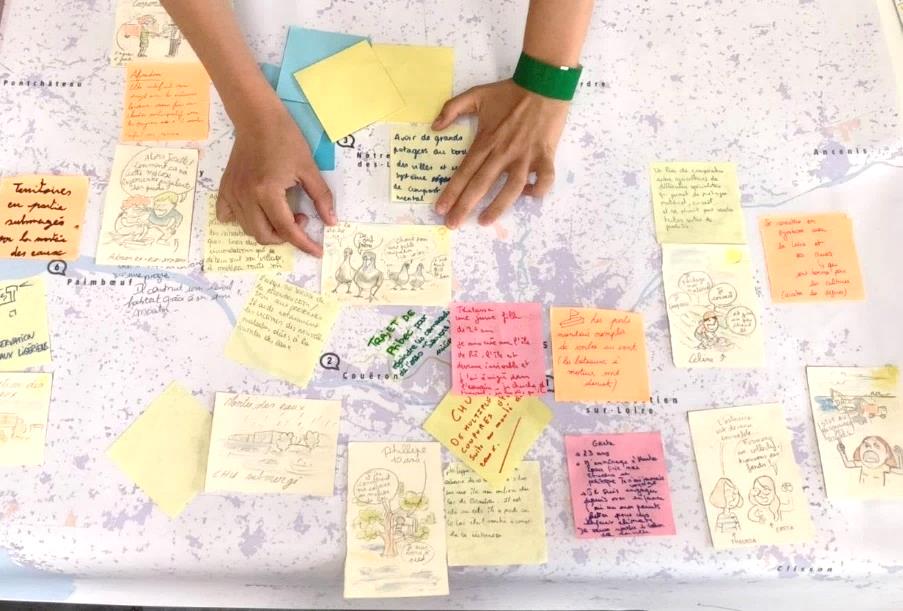
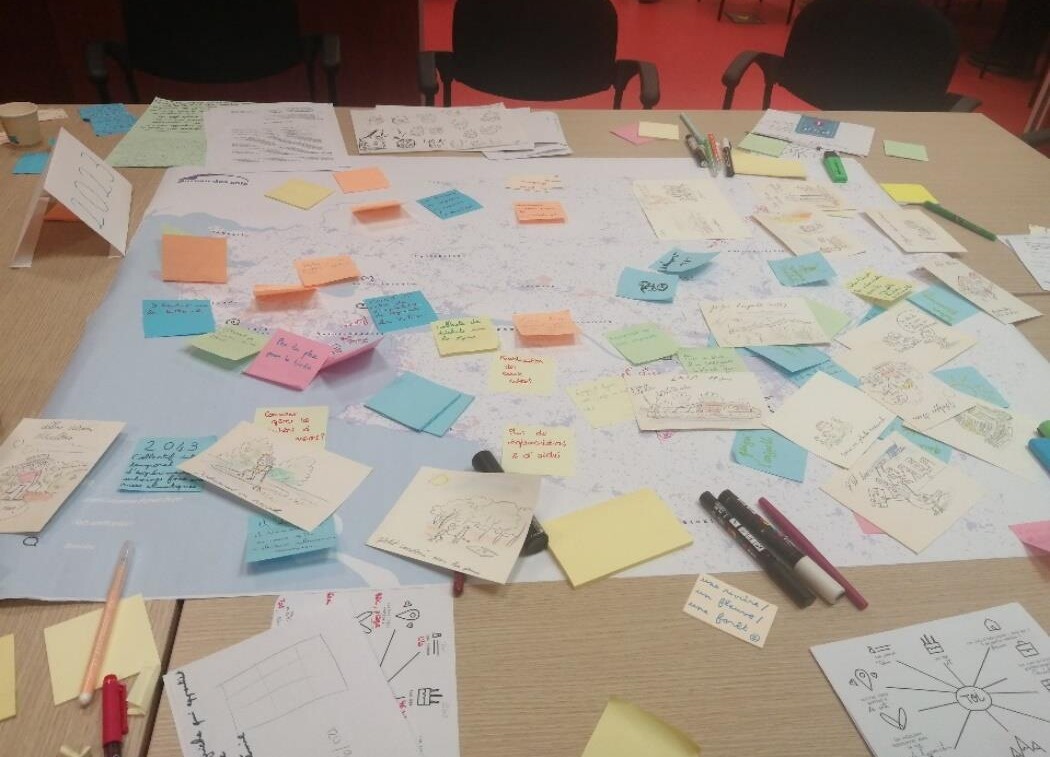
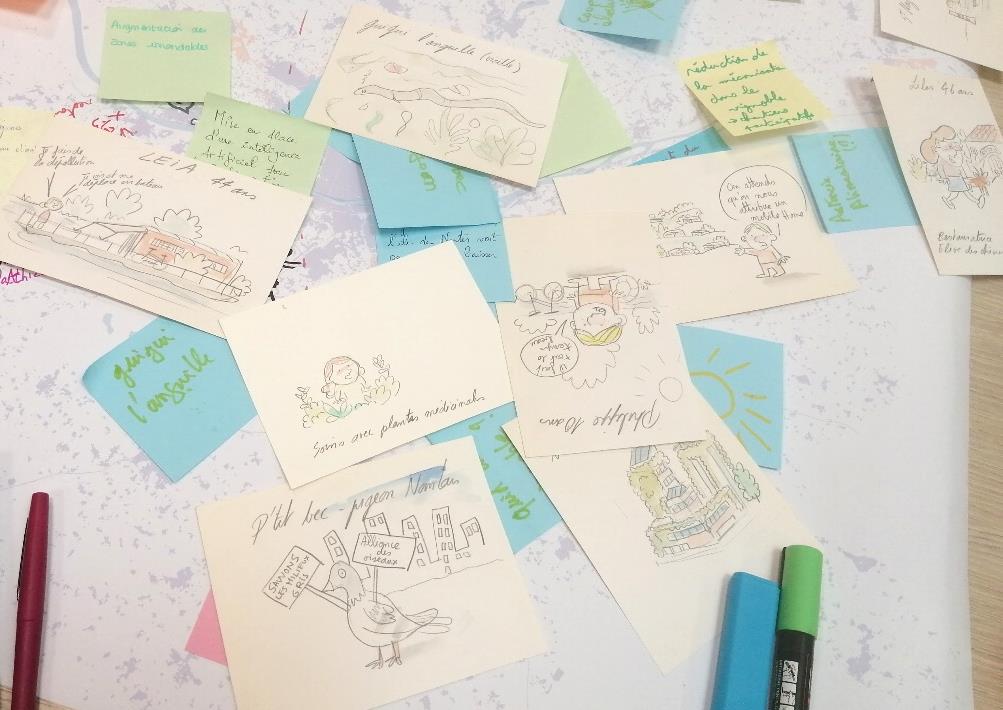
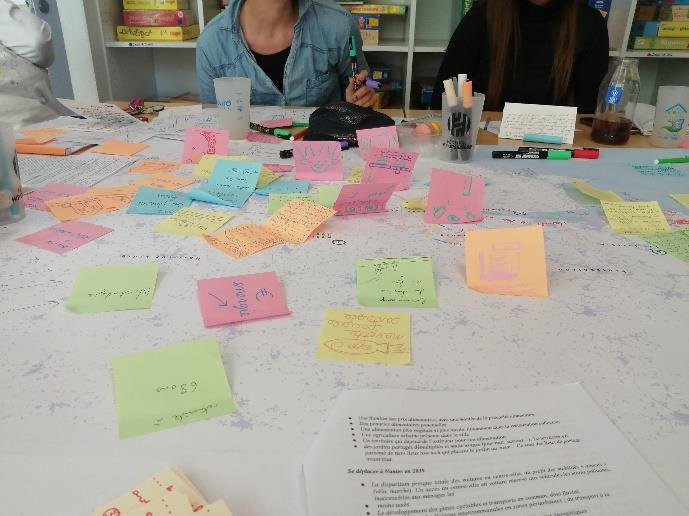

![[Translate to English:] Licence creative commons BY-SA 4.0 [Translate to English:] Licence creative commons BY-SA 4.0](https://reflexscience.univ-gustave-eiffel.fr/fileadmin/ReflexScience/Accueil/Logos/CCbySA.png)